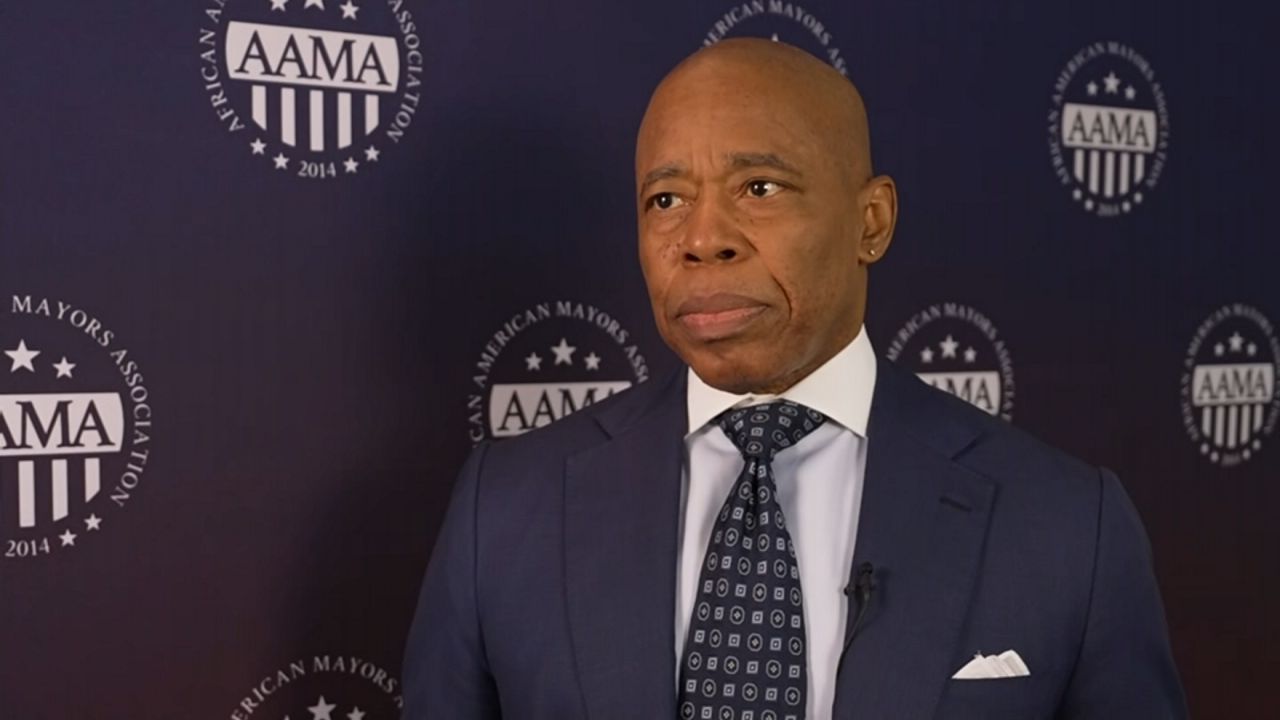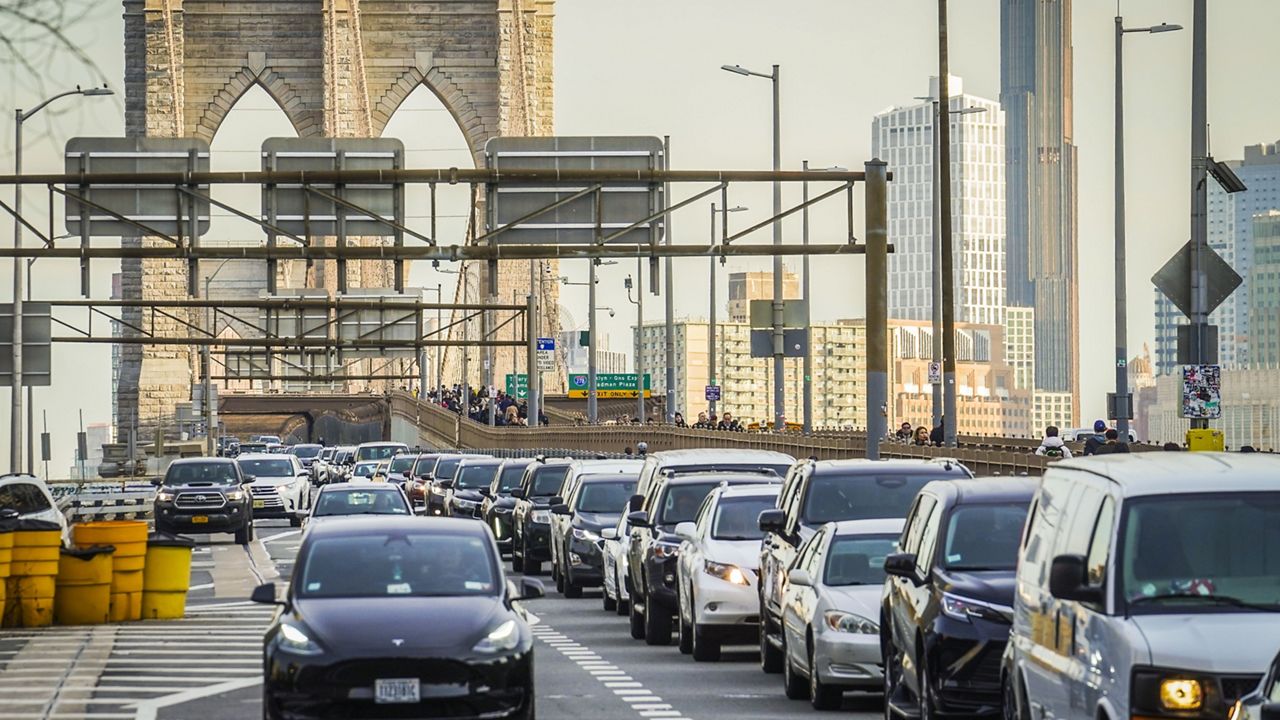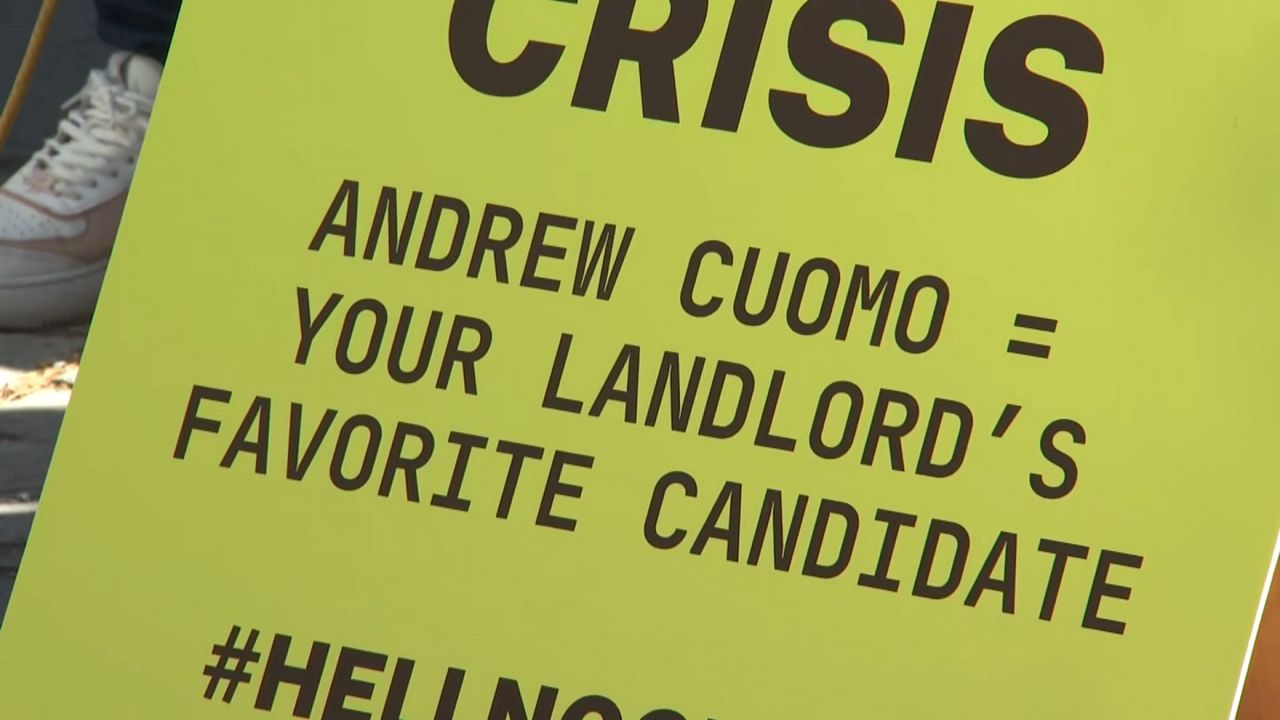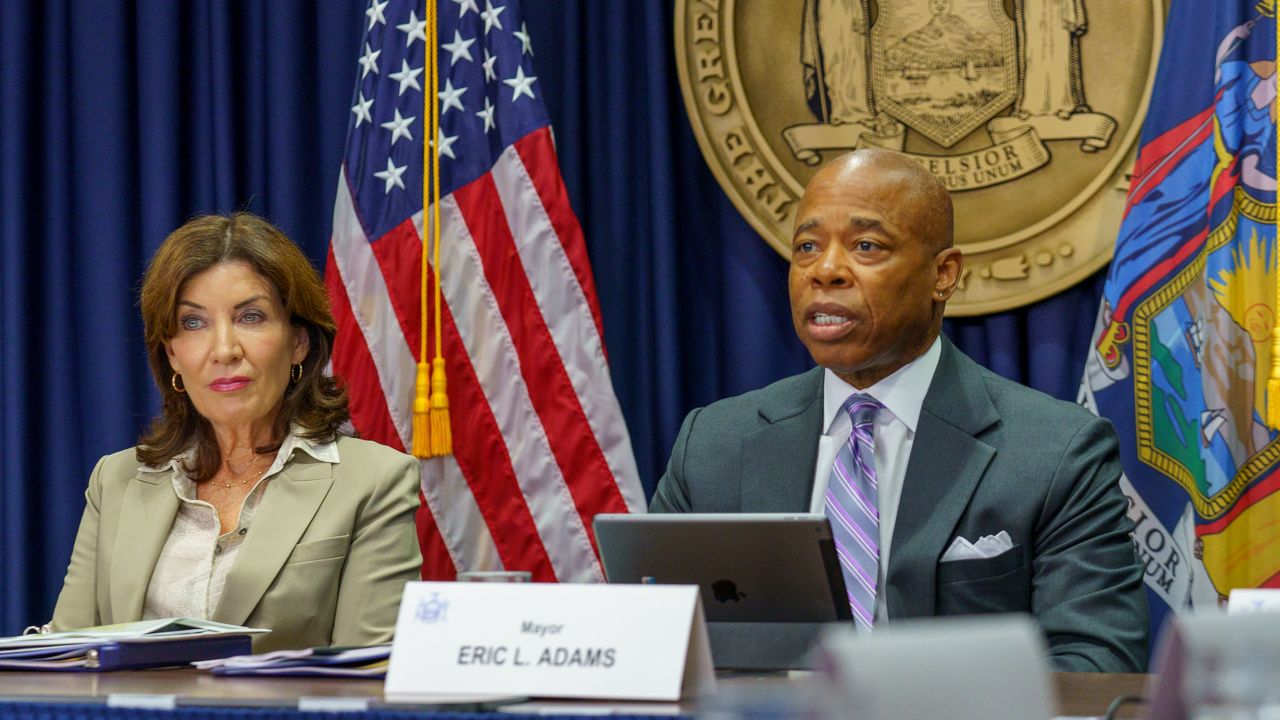The Public Finance Commission on Monday voted to establish a new $100 million campaign finance system in New York state.
But what drew most attention was the decision, despite an outcry from activists, to raise the number of votes needed for minor parties to maintain a ballot position.
Progressives believe the commission is acting at the behest of Gov. Andrew Cuomo who wants to punish the Working Families Party (WFP) for endorsing his primary opponent last year, a charge Cuomo has denied.
Right now, third parties must receive 50,000 votes every four years to maintain ballot status. The commission voted to raise that to 130,000 votes, and the threshold would have to be met every two years.
The result could lead to the sidelining of many third parties, including the Independence, Libertarian, and Green Parties. The fate of the Working Families Party is less assured. The Conservative Party comes out least likely to lose ballot access because it gets the most votes of any third party.
"Every one of the major or credible minor parties. The Working Families Party is going to meet that," said State Democratic Party Chair Jay Jacobs, a Cuomo appointee to the commission. "I've been listening to this outcry, and it's just not so."
But the commission also took some important votes to limit big money in politics.
Candidates for the State Assembly and Senate will have donations up to $250 matched with public dollars at a rate of 12-to-1, as long as they are raised within the district. For statewide candidates, the match is 6-to-1.
There is also a cap on the public match for statewide races of $7 million.
- State Public Finance Commission Reverses Itself on How to Implement a Campaign Finance Reform System
There were some strange moments during the voting, like when the commission voted down a measure to raise limits for Assembly candidates, and then voted a second time and approved it.
"I am going to vote no, as I did two minutes ago," Dave Previte, a Republican member of the commission, said during the vote.
But contributions for Assembly candidates will be capped at $6,000, For Senate candidates: $10,000.
And statewide candidates, including the governor, would be capped at $18,000, down from more than $76,000.
The program is not supposed to get underway until 2024 for legislative candidates and 2026 for statewide candidates.
It will become law unless the legislature acts this year.
Next week, members of the Assembly will be in Albany for a retreat. They and the Senate have 20 days to reject the commission's recommendations.










